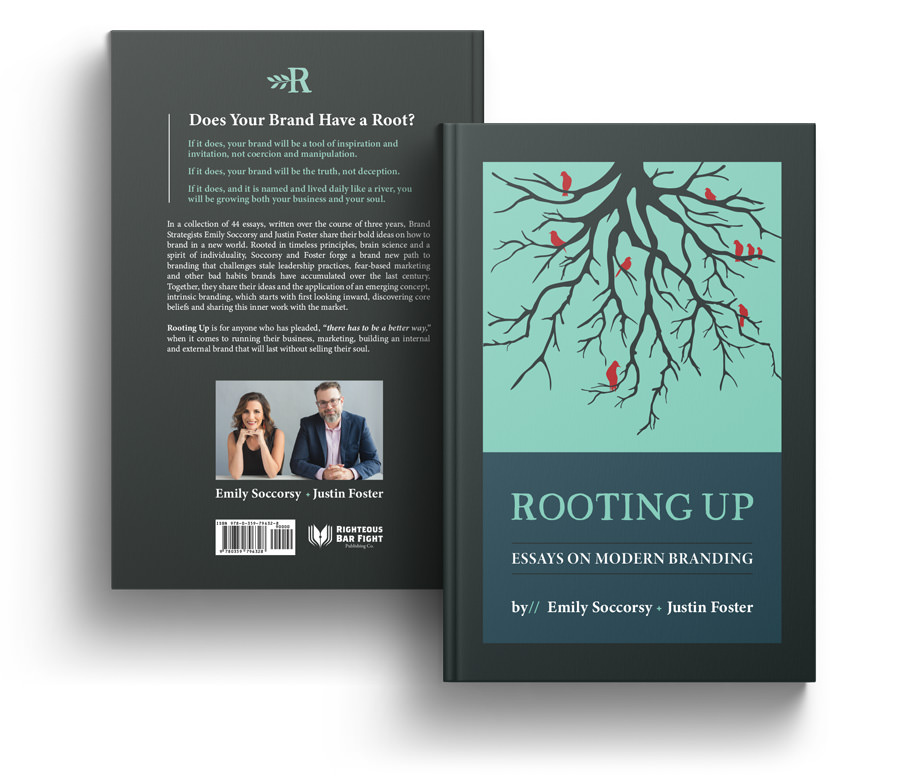Filed Under: 21st Century Branding, Beliefs-Based Branding, Intrinsic Branding, Leadership, Marketing, Story

If you were being interviewed by The New York Times about the success of your brand, what would you say?
(I’ll give you a moment).
Would you explain how you made some smart investments? Would you describe your strong work ethic? Would you acknowledge all of the things you did correctly?
Yes, I’m sure you would. As you should! Undoubtedly, if a national newspaper has recognized you as an expert, you have every right to share your successes and be proud of what you’ve accomplished.
But, would you share your failures? The times where you couldn’t take an income so you could keep paying your people? The business deal that took a turn for a worse and ended up in a lawsuit? Would you share about how your biggest client abruptly ended their contract?
You may be shaking your head right now saying, “Heck no! Why would I talk about these shortcomings? They make me look like I don’t know what I’m doing.”
However, your knee-jerk reaction aside, I’m willing to bet on one thing: you really, really, really want to tell these stories.
I call it the off-the-record factor.
When I was working as a journalist, I was responsible for reporting at least five news stories with at least three sources. At a minimum, I was conducting 15 interviews a week. Almost all of them had one thing in common: the source, if I spoke with them long enough, wanted to go off the record.
This always presents a dicey dilemma for a journalist because you know they’re about to reveal something juicy. However, ethically, you can’t report on what they’re saying off the record. Personally, I loved this moment. I knew even if I couldn’t use the material they were sharing, what they had to tell me would be entertaining.
So all you can do is put your pen down, stop your voice recorder and listen.
The “real” story was always revealed. I’d hear things like:
“I’m supposed to give you this talking point, but here’s what really happened.”
“I can’t say this on the record because I’d risk a lawsuit, but our organization really messed up on this one.”
“The real story isn’t about my work ethic at all. I’m just a guy who got really lucky.”
It’s amazing what people will share about themselves and their brands when they think no one is listening. The most interesting part?
The off-the-record factor not only is the details that make them the most relatable; it’s also the details others really want to hear.
Who wants to read a story in The New York Times about a business owner who did everything right – studied hard, got into the right college, landed the right entry-level job, worked her way steadily up the corporate ladder and today runs the growing business with ease?
No one would want to read this. They would, however, want to hear about how a stray cat changed the course of her business forever (or whatever quirky, embarrassing, questionable detail you’re tucking away neatly into a corner).
The off-the-record factor tells us each one of us harbors juicy stories about our brand that we cast aside in favor of stories that make us look and sound as polished as possible. However, the off-the-record factor also tells us you know there’s more interesting parts to the story and you’re dying to tell them.
Let others in on that little secret you’ve been hesitant to tell. Because if it’s the real story, everyone will listen.
